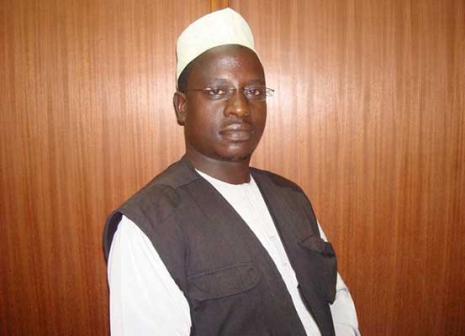×
The Standard e-Paper
Join Thousands Daily

While the attention of Kenyans has been consumed by the political intrigues surrounding the repeat presidential elections, another important election is expected to happen on Monday October 23rd.
It is the national polls of the Supreme Council of Kenya Muslims (Supkem), one of the main faith-based umbrella organisations in the country.